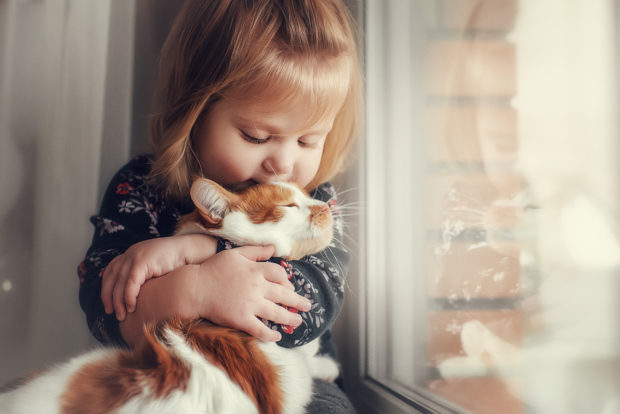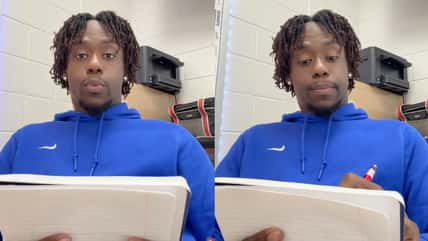A New Study Uncovered Two Key Ways That Parents And Teachers Can Help Children Understand Forgiveness

As a child, you may have heard the saying “put yourself in their shoes” when faced with an argument.
Well, a new study conducted by North Carolina State University confirmed this old adage and found that teaching children how to understand other viewpoints may allow them to learn forgiveness more easily.
The study included one hundred and eighty-five children, all between five and fourteen years old.
First, the children were interviewed while researchers gathered background information and assessed each child’s “theory of mind.”
Theory of mind refers to the ability to recognize that other people have different beliefs, desires, and intentions than your own.
After the interviews, the children were then placed into different scenarios. Each child was either considered “in the group” or “out of the group.”
Then, after each scenario played out, the children were asked if they would forgive the group that excluded them from an activity or game.
The study’s findings are fascinating. First, the researchers found that if a child is apologized to, that child is more likely to forgive the group.
Next, children are more apt to forgive children in a group rather than individually. And, finally, children with an advanced set of theory of mind skills are much more likely to forgive other children.

oes – stock.adobe.com
Sign up for Chip Chick’s newsletter and get stories like this delivered to your inbox.
From these three central takeaways, the researchers believe that parents and teachers should focus on two specific habits. The first one is teaching kids the importance of meaningful apologies.
Kelly Lynn Mulvey, the study’s lead author, said, “Children are capable of discerning an insincere apology, and insincere apologies were not conducive to encouraging forgiveness. The apology needs to make clear that someone understands why what they did was wrong and, in turn, this makes other kids more likely to give them a second chance.”
The second habit is helping children understand the viewpoints of others– quite literally, “putting themselves in another child’s shoes.”
Mulvey believes that the study’s most significant implication points back to parents and teachers.
These adult figures need to actively engage and help the child grow their theory of mind skill set.
“A good starting point is getting kids to explain the rationale behind their actions and how this might make other people feel. Helping young people develop these skills in childhood will aid them in navigating a diverse and complex world,” Mulvey added.
To read the complete study, visit the link here.
More About:Human Interest





